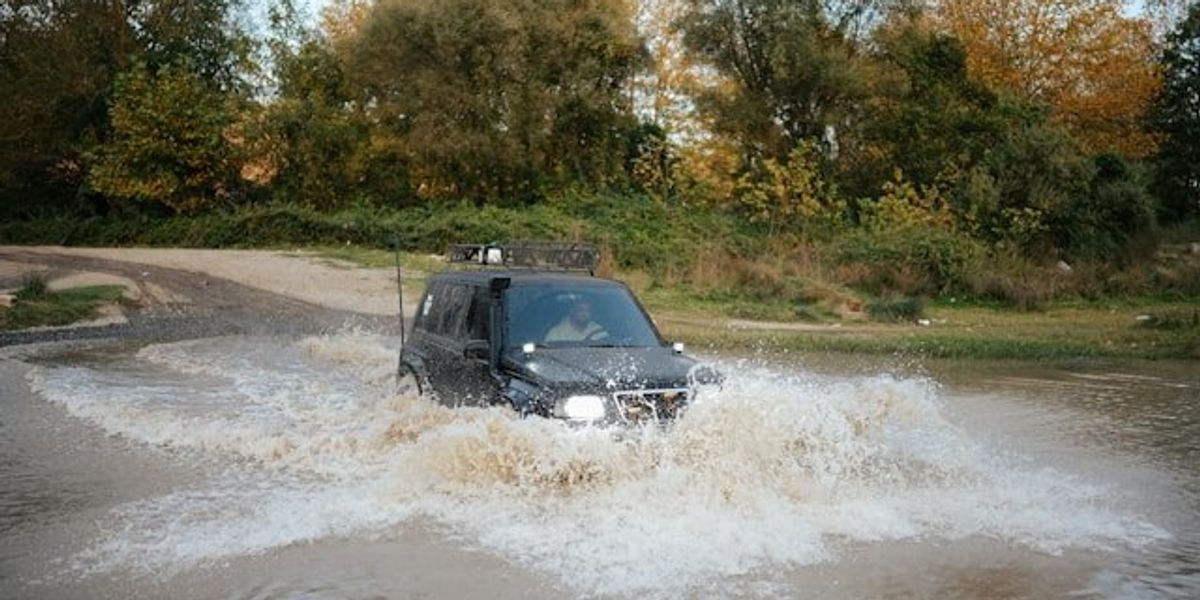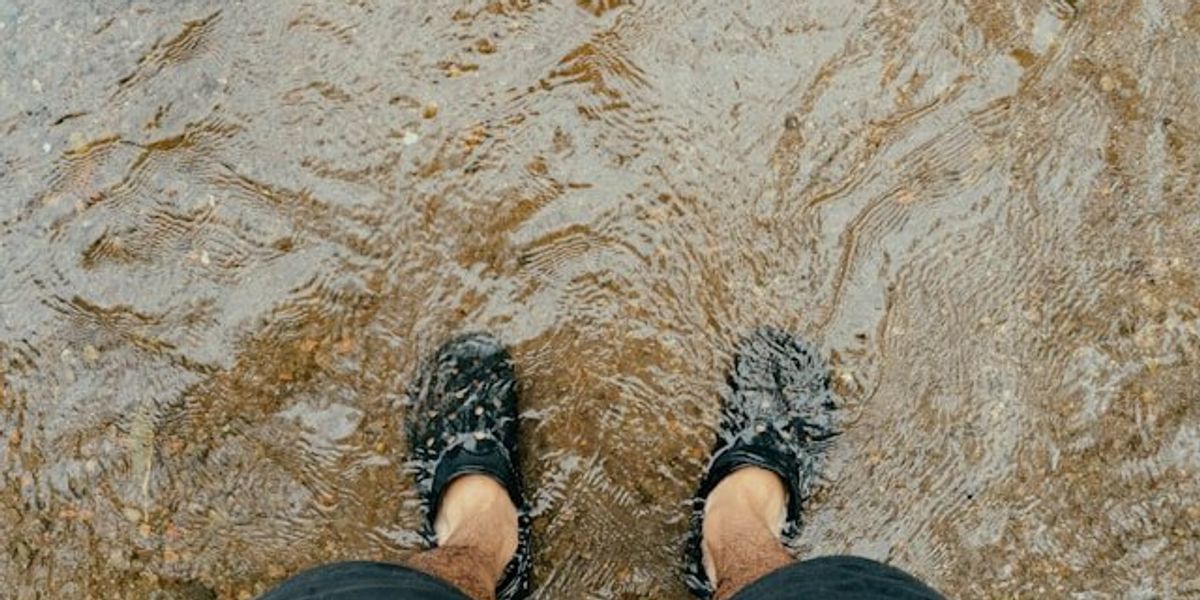
B.C. mining company turns to U.S. to bypass stalled global deep-sea mining talks
A Canadian firm frustrated by delays at the international seabed regulator is seeking U.S. approval to mine critical minerals from the Pacific Ocean floor.
Inayat Singh reports for CBC News.
In short:
- The Metals Company (TMC), based in Vancouver, wants to mine polymetallic nodules from international waters using a decades-old U.S. law instead of waiting for international approval from the UN-backed International Seabed Authority.
- The U.S. has never permitted commercial seabed mining, and it is not party to the international convention that created the ISA, raising legal and environmental concerns about TMC’s move.
- Environmental advocates and some nations warn that unilateral mining could set off a global rush for seabed resources, endangering ecosystems that remain largely unexplored.
Key quote:
"Any unilateral action would constitute a violation of international law and directly undermine the fundamental principles of multilateralism, the peaceful use of the oceans and the collective governance framework established under [the UNCLOS]."
— Leticia Carvalho, secretary general of the International Seabed Authority
Why this matters:
Far beneath the ocean’s surface, in darkness deeper than Mount Everest is tall, lie vast fields of polymetallic nodules—potato-sized rocks rich in cobalt, nickel, manganese, and rare earth elements essential for green technologies like electric vehicle batteries and grid-scale energy storage. The deep seabed, stretching thousands of meters below, hosts strange and ancient life forms — many of which have never been named, let alone studied — and plays a subtle but vital role in regulating Earth’s climate by storing carbon and cycling nutrients. The maneuvering of companies like TMC has raised alarms among marine scientists and environmental advocates, who warn that bypassing global governance could open the floodgates to unregulated exploitation, threatening not only deep-sea biodiversity but also the ocean’s ability to buffer planetary climate change.
Related: B.C. plan to speed up resource projects raises concerns over Indigenous rights













